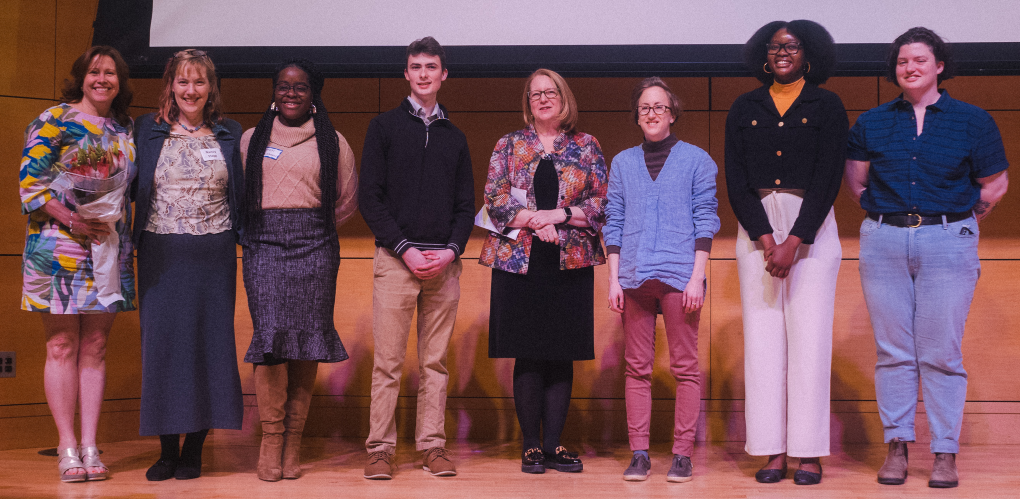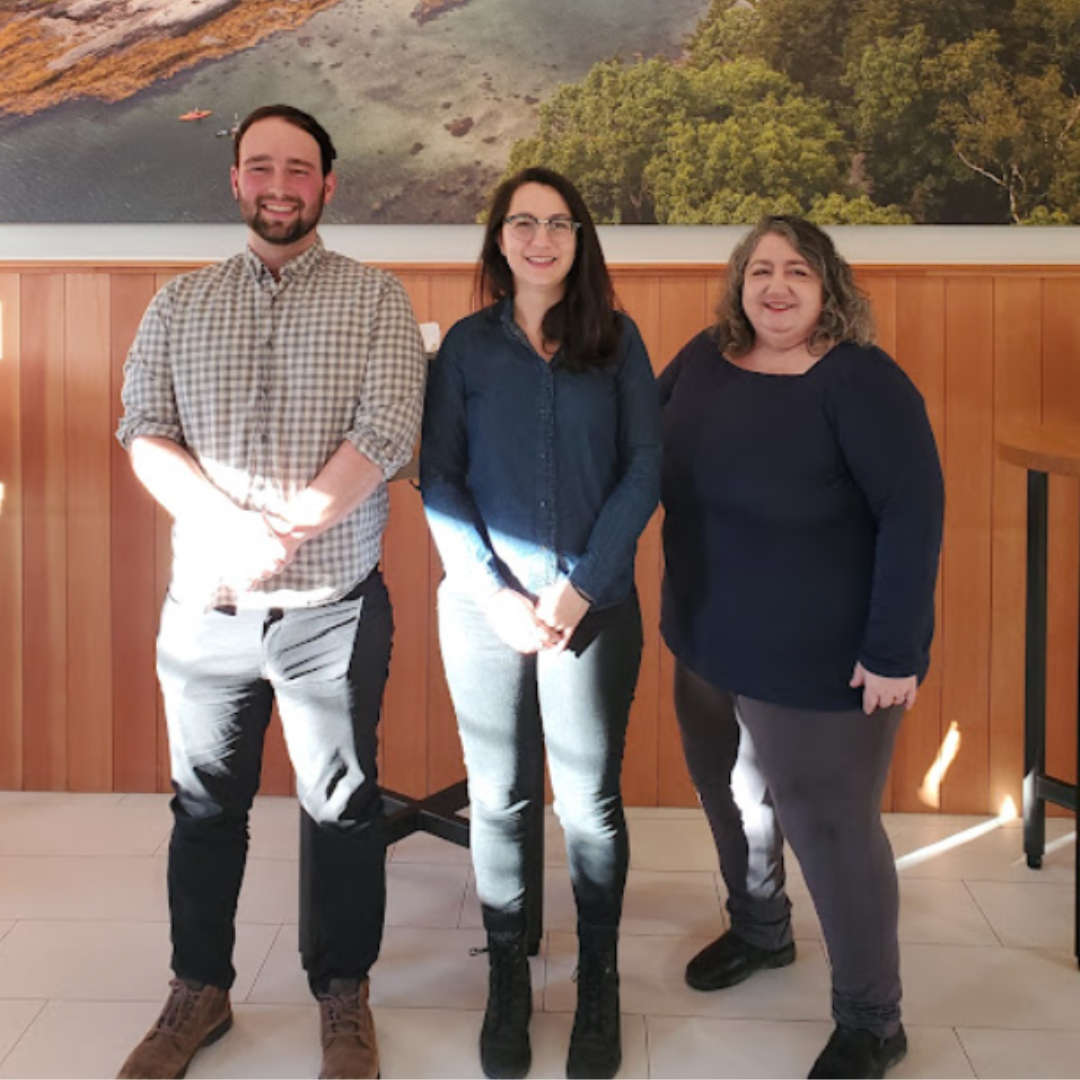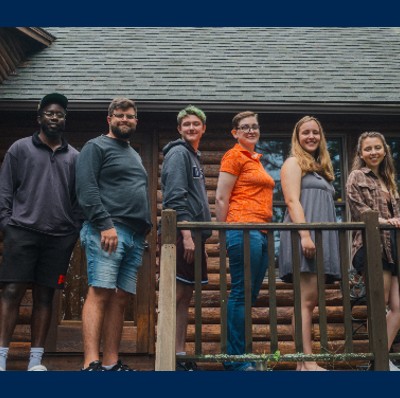This program is currently not adding new cohorts
Contact our Admissions team for help finding other program options.
Meet our 2022-2023 Shaw Innovation Fellows
Emma Donnelly (they/she) is Portland resident and a current Masters of Public Health student at the University of Southern Maine, and also holds a Bachelor of Arts in Women and Gender Studies from the USM. They will be studying the barriers associated with accessing Emergency Contraception on college campuses across the state of Maine, and using qualitative and quantitative data to propose, and hopefully implement, ways to decrease barriers to access.
They have several years of experience working in social services, specifically at the Preble Street Florence House women’s shelter. Additionally, she has significant volunteer and educational experience in the topic of reproductive justice, specifically in regards to abortion and emergency contraception access. In fact, they worked diligently to pass a bill in the Maine state legislature to allow for the sale of over-the-counter medication via vending machine, which was previously illegal in the state of Maine. There is a lot of work to do in Maine to increase access to reproductive health, and Emma hopes to be a part of that progress.
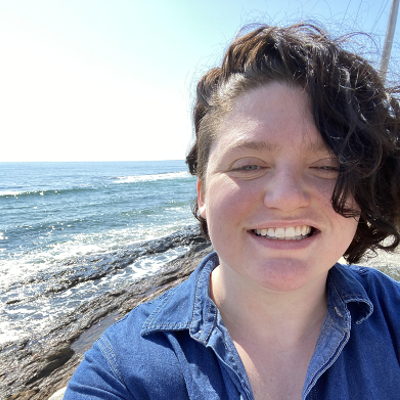
Ava Ellis is a Midcoast resident and an incoming graduate student in the MSW program. Her project is focused on using drawing, movement and somatic workshops as a way into discussing economic empowerment. Using art as a scaffold to envision future-oriented economic goals, highlight resources and foster resilience. Her project is rooted in a practice-as-research ethos, queer-feminist aesthetic and belief in mutual aid. Her work is informed by experiential, outdoor education and cultural exchange. Prior, she studied Cultural Anthropology and Printmaking at Washington University in St. Louis and pursued ethnographic dance research in Liverpool. She has an MA in Writing (Poetry) from the University of East Anglia in England.
Project Summary: I will create a series of one-to-one art workshops and/or group art workshops (the format may vary, dependent on the state of Covid). My project is focused on using drawing, movement and somatic workshops as a way into discussing economic empowerment. Using art as a scaffold to envision future-oriented economic goals, highlight resources and foster resilience. I hope to encourage folks to use and engage with economic support options, envision economic goals and use art and movement as route to resilience. Given the women founders in the U.S. received only 2% of venture capital in 2021, I value that the Shaw Innovation Fellowship disrupts this and consistently funds and advocates for novel projects and research.
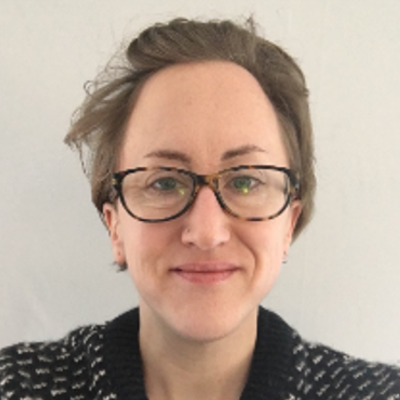
Nancy Flagg is a Falmouth resident and Ph.D. student at USM in Leadership. Nancy is creating a tool to determine people’s nearness to independence. She will research gaps in self-sufficiency by studying the needs and the resources available to those calling Maine’s helplines. Partnering with some of Maine’s non-profits, Nancy will develop a measurement to direct support to the people who need it as quickly, efficiently, and effectively as possible. Nancy earned bachelor’s degrees in Psychology and in Sociology, and a master’s degree in American and New England Studies from the University of Southern Maine. She has always been inspired to bring people’s stories together with the development of humanitarian efforts. This project is inspired by the fusion of interdisciplinary studies, psychology, and sociology with leadership.
One day in the hospital at work, seeing the effectiveness of the pain scale with its continuum of miserable to happy faces, Nancy noticed the power of this tool to help people get the precise care they needed, no more, no less, despite language barriers, pain, and panic. Nancy realized that while there was a tremendous tool, Maslow’s Hierarchy of Needs, to determine where people are in their development at a given time, there is no way to assess what individuals required on the most foundational, basic level of necessities, to stabilize their lives. People in crisis from climate, asylum seekers, refugees, and survivors of Intimate Partner Violence who cannot meet the foundational needs of life have a variety of barriers to stability. When people call helplines, for example, they are in crisis, and there is no way to determine the complexity of their lives and what they will need first to create lasting self-sufficiency.
People require food, shelter, and clothing, but it is not always clear which to prioritize or how to get those resources to them. While helpline conversations are essential, valuable, and supportive, they do not match the appropriate person with the available resources. People sometimes miss out on available help because opportunities are misinterpreted, unusable, or redundant. Determining needed resources for survivors of Intimate Partner Violence, asylum seekers, refugees, and climate refugees, transparently could help them efficiently pursue their independence goals. To this end, Nancy will research with Maine non-profits receiving calls for help to establish what is needed, and research the supporting organizations to establish what resources are available, to whom, and where.
With this information and other data from state agencies and supporting industries, Nancy will design a tool to determine where an individual is on their path to independence. With this tool, survivors can create and implement action plans to help move toward independence as efficiently as possible through their unique situation. Nancy hopes that having this information may also help people feel more confident, directed, and secure while traversing the gap between where they are and where they want to be.
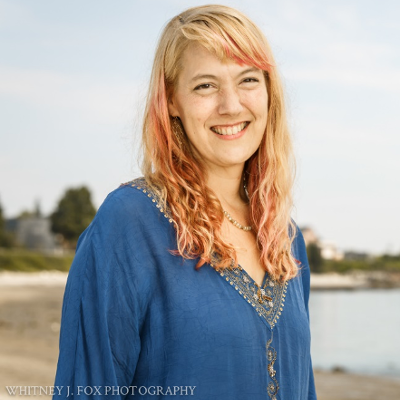
Sarah Sturtevant, a New Gloucester resident, is a graduate student in Public Policy Analysis at the Muskie School of Public Service, University of Southern Maine. Working with employers, property owners, state and local government, public and private organizations Sarah will seek to find new solutions for the shortage of affordable, workforce, housing in Maine.
- The need is huge. A Maine State Housing Authority spokesperson said in January 2022 that Maine is “short 20,000 housing units and at a peak this year is only building 1000 units”.
- And the disconnect on income vs. housing costs is significant. Someone making $15/hour, working 40 hours a week, needs a rental cost of about $780/month or a house that costs ~$100,000 while the Median Cumberland County house sold for $439,900 in 2021 and the average 1 bedroom rent in Portland is $1,850/month as of May 2022.
- Not surprisingly, there are 2-3 job openings for each job seeker. The ability to attract workers to these jobs is hampered by Maine’s high cost of housing – whether renting or buying.
Sarah’s focus is to combine newer technology for automated construction, combined with abandoned or under-utilized buildings, near employment. Sarah’s background in business management; company, market, and economic analyses; combined with her studies at the Muskie School will be of use in this endeavor — bringing together various stakeholders who are impacted by the shortage of affordable housing.
As Maine ages, the work-force participation rate has followed suit. Without increasing our working-age population, the outcomes will be highly problematic for the quality of life for Mainers. To attract workers, there needs to be affordable housing available near jobs. Sarah’s research seeks to backward engineer housing at the right price point, in locations that are seeking economic growth.
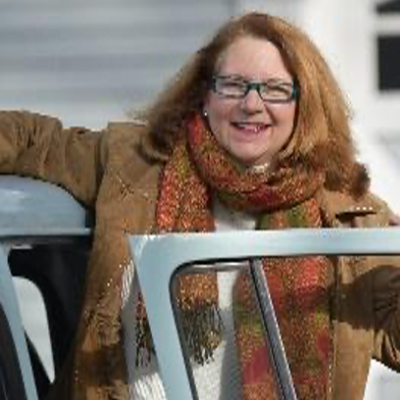
Sarah worked with Promise Scholar Jacob Curtis on this Shaw Fellowship project. They produced a final report that summarizes their methods, findings and recommendations.
Using a tool called Microsoft Power BI, Sarah and Jacob created a Housing Affordability Dashboard, which maps and visualizes data. This dashboard is available on an ongoing basis through Maine Affordable Housing Coalition.
As an innovative creator, Jacob also competed on the College Edition of Greenlight Maine. Way to go Jacob!


